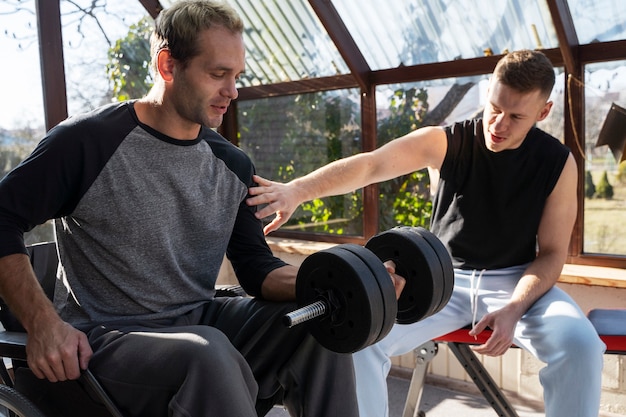For runners, core stability isn’t just about getting a six-pack—it’s about building a resilient, efficient body that moves with power, balance, and control. A strong core reduces injury risk, improves posture, enhances endurance, and boosts running economy. Yet, many runners overlook core training or rely on outdated crunches that do more harm than good.
This 60-day holistic plan is designed specifically for runners. It combines short daily routines, simple lifestyle habits, and evidence-based strategies to build functional core strength without adding hours to your schedule. No gym? No problem. Everything can be done at home with minimal equipment.
Your core includes more than just abs. It’s a network of muscles spanning the pelvis, lower back, hips, and abdomen—including the transverse abdominis, obliques, multifidus, diaphragm, and pelvic floor. These muscles work together to stabilize your spine and pelvis during each stride.
Research shows that runners with poor core stability are more likely to experience overuse injuries such as IT band syndrome, shin splints, and lower back pain. A stable core helps maintain proper form, especially when fatigued, reducing energy leaks and improving stride efficiency.

This plan is divided into three 20-day phases: Foundation, Build, and Integrate. Each phase increases in complexity and duration, but all routines take less than 10 minutes per day.
Focus: Awareness, breathing, and activation of deep core muscles.
Focus: Progressive loading and dynamic control.

Focus: Functional movement and neuromuscular integration.
Core strength isn’t built in isolation. These daily habits enhance the plan’s effectiveness:
Studies confirm that core stability training improves running performance. A 2019 review in the Journal of Strength and Conditioning Research found that runners who added core training reduced oxygen consumption (improved economy) and reported fewer injuries. Another study showed that just 6 weeks of core training reduced lower limb loading forces during running.
The key is consistency and proper form. Short, daily efforts are more effective than long, infrequent sessions.
By the end of 60 days, you’ll notice better balance, smoother strides, and a stronger, more resilient body. This isn’t just about abs—it’s about building a foundation that supports every mile you run.

Fitness

Fitness

Fitness

Fitness

Fitness

Fitness

Fitness

Health

Fitness

Fitness

Fitness

Fitness

Health

Fitness

Health

Health